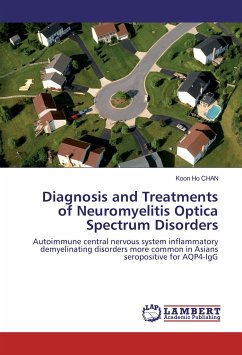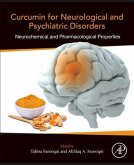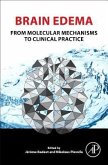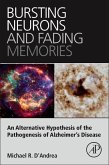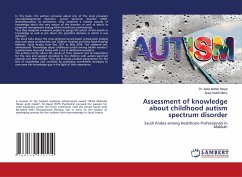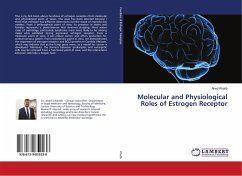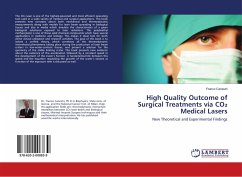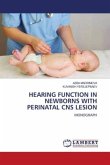Neuromyelitis optica (NMO) is a treatable central nervous system inflammatory demyelinating disorders characterized by acute myelitis and optic neuritis, especially clinically severe longitudinally extensive transverse myelitis (LETM) and simultaneous bilateral ON. NMO is likely autoimmune in nature as a significant proportion of patients are seropositive for aquaporin-4 (AQP4) IgG autoantibodies. I studied the clinical features of Chinese NMOSD patients and their AQP4-IgG seropositivity rates of by tissued-based immunofluorescence. I also studied a cell-based immunofluorescence assay using transfected human embryonic kidney cells overexpressing human AQP4 on cell membrane and found that cell-based assay has higher sensitivity than tissue-based assay in detection of AQP4 autoantibodies in NMO (78% versus 61%). I further studied the clinical and neuroradiological characteristics of Chinese NMOSD patients with brain involvement. I found that 59% of NMOSD patients have clinical and/or radiological evidence of brain involvement. Importantly, brainstem is the most frequently affected brain region and 24% of NMOSD patients had clinical manifestation of brainstem encephalitis.

